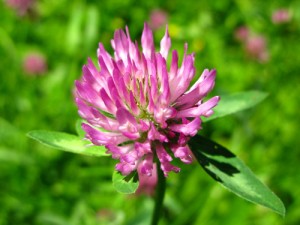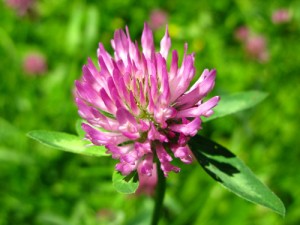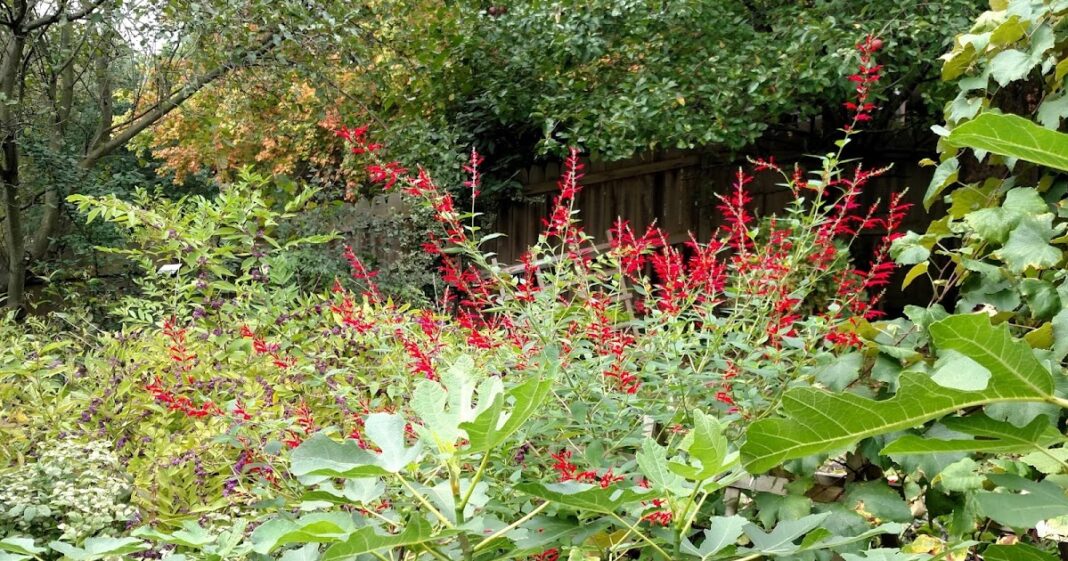
By Kris Vaughan, CHI love reading about how cultures have historically used herbs for healing in their communities because we find that not much has changed in terms of how we use the herbs today. With the findings from studies being performed on plants as medicine we often find that there are chemicals within the plant that perform the functions that Eclectic physicians found to be true based on their usage in their patients.Red clover (Trifolium pratense) is one of the world’s oldest agricultural crops and was promoted by 19th century Eclectic physicians as “one of the few remedies which favorably influences pertussis (whooping cough) … possessing a peculiar soothing property.” The Eclectic physicians recommended red clover also for cough, bronchitis, and tuberculosis but were most excited about its use as a cancer treatment saying, “It unquestionably retards the growth of carcinomata.” Contemporary herbalists of today use red clover in much the same way as the Eclectics did, as an expectorant for coughs, whooping cough, and bronchitis as well as a digestive aid and for skin conditions. Red clover is also used as a mild blood purifier (alterative) and for hot flashes due to its estrogenic isoflavones.CoughRed clover has long been used as an anti-spasmodic, expectorant, and mild sedative with a special affinity for the lungs, throat and salivary glands. This makes red clover a very good choice for the dry hacking coughs of croup or whooping cough.Women’s HealthSeveral studies have shown that red clover in large quantities help relieve menopausal symptoms because it acts like the female hormone estrogen. Red clover is usually used as a part of an herbal formula designed to target normalization of female hormones in order to reduce hot flashes, mood swings, and to promote better sleep.CancerThere is debate about its benefits in treating cancer with the FDA claiming, “There is no sufficient reason to suspect it of any medicinal value.” Studies, on the other hand, have shown significant anti-tumor properties in the herb. The National Cancer Institute (NCI) published a monograph in the Journal of Natural Products pointing out 33 different cultures around the world use red clover to treat cancer.NCI researchers studied the herb and confirmed that red clover contains four anti-tumor compounds. Red clover also contains significant amounts of the antioxidant tocopherol (vitamin E) which has been shown to prevent breast tumors in animals, according to James Duke, Ph.D., herbal medicine authority for the US Department of Agriculture.It is not enough to say that red clover will cure cancer but there is definitely a case for the use of red clover in combination with other treatments to inhibit non-estrogen related cancer tumors. Red clover is one of the ingredients in the Hoxsey formula, one of the oldest alternative cancer treatments in the United States. Its history dates back to the 1920s when Harry Hoxsey began marketing a mixture of herbs that he believed would treat cancer. Hoxsey claimed that his great grandfather, John Hoxsey, developed the first version of the herbal formula in 1840 when he noticed a tumor that had developed on one of his horse’s legs. The animal began eating some of the wild plants growing in the meadow, and within a short time the tumor disappeared. John Hoxsey gathered the herbs and mixed them with old home remedies used for cancer.SafetyThe FDA includes red clover in its list of herbs generally regarded as safe but it is important to note that it should not be used during pregnancy or if you are on blood thinning medication because of its ability to thin the blood and should not be used with estrogen influenced cancers because of its slightly estrogenic activity.Red clover can be taken as a tea or tincture for the above conditions an also as a mild blood purifier during detoxification protocols. It is important to seek the guidance of a certified herbalist or health care professional when choosing to use herbs medicinally in order to ensure that you are choosing the right herbs in the right amounts for the results you are hoping to achieve. I also recommend that you read and research herbs on your own and that you trust your instincts when you are choosing any form of treatment, natural or pharmaceutical. You are your best doctor.
Top 5 This Week
Related Posts
Red Clover – An Herbal Alterative — Herbal Wisdom Institute


